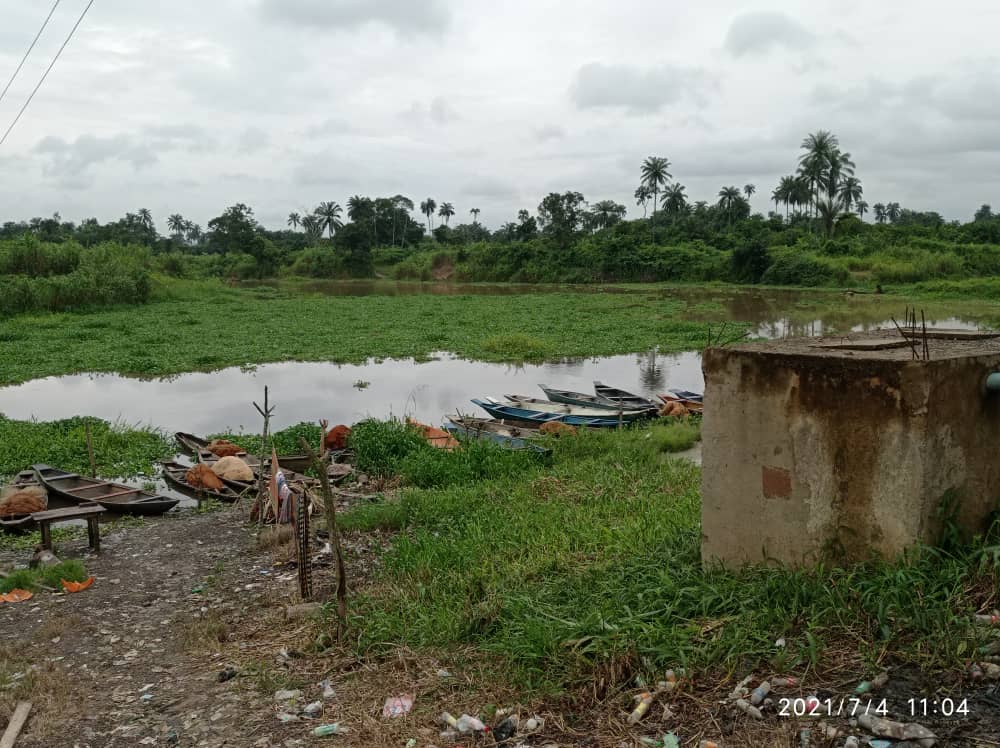
Water hyacinth obstructs livelihood of oil-rich community in Bayelsa
‘Out of sight is out of mind.’
In Onopa, an oil-producing community less than fifty metres away from the Bayelsa state government house in Yenagoa, over 11,000 residents do not have access to healthcare. This community is only divided by a fence from the government, yet its residents are suffering. If communities very close to the government are neglected, what is the fate of communities situated far from them?
What’s worse, the European Union sought to solve this issue by building a health centre to serve the community. Still, this centre has never been open for a day since it was commissioned in 2017.

Tracka spoke to Isaiah, the youth president of the community “When we are sick, we just go one chemist go buy drugs because there is no health centre. European Union has donated one health centre to us since 2017 but dem never open am. Before they give us the centre, we get people wey dey come treat us for that compound before but dem don commot when they bring this new health centre so now we no get any other option than to use chemist.”

That is four years of a solution staring at the residents without them having access to it. The peculiarity of this community makes them susceptible to diseases. When these diseases arise, there is nowhere to run to for a solution.
Onopa river, a major source of income and food in the community, is covered with water hyacinth. Water hyacinth is a plant that grows on water but is considered invasive because it grows rapidly and can form thick layers over the water.
It also depletes the amount of oxygen in water, thereby harming fishes and making the water unsafe for consumption. This has polluted the water, causing health hazards and preventing the fishing community from doing their jobs and hampering economic activities.

Utavie, a popular figure in the community, complained bitterly about the hyacinth.
“The water hyacinth has blocked about ten kilometres of the river, leaving only a small portion of it available. It has blocked farming and fishing activities for us and other communities along the Epie creeks, but we are affected more because of our closeness to the bridges.
It is even worse because of the construction of two bridges with many pillars on some parts of the river. We are now in the harvesting season for crops planted along the low plain, but our people can’t go to the farm and harvest their crops due to the blockade of the river by the construction of the bridges.”
We also gathered that a public borehole that was constructed by Shell thirteen years ago has never worked. Gbenkizibe, another resident, spoke on the water issue. “The water wey we dey drink sef no good for body but we dey manage am like that. Sometimes, we go pay for borehole water to do wetin we wan do because the borehole wey Shell give us no dey work.”

Primary health care centres are a crucial solution to localized healthcare. Their proximity to citizens and ambience encourages citizens who will otherwise use unregulated traditional options, to seek modern healthcare.
Utavie also appealed to the government to ensure all the facilities donated to the community by other people function properly.
“Because of our financial position, many people don’t visit the hospital in the government house, which is the alternative option. They see it as a hospital for big men. My appeal to the government is to equip the health centre and employ or transfer medical personnel to the facility. This will make our people benefit from the good gestures extended to our community.”
The Bayelsa government cannot fulfil its essential functions to the citizens, so other actors are taking up the mantle to fill the role. Why then is the government not playing their part to make it work? Why are basic facilities closed in this community, even after non-government actors have provided a solution?
We appeal to the Bayelsa state government and relevant stakeholders to look across them and address the problems facing the community situated right under their noses. They should equip the health centre, clear out the hyacinths in the river, and look into other issues in the community.
Story by Ayomide Ladipo.
This story is supported by Ford Foundation.

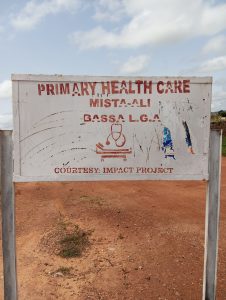
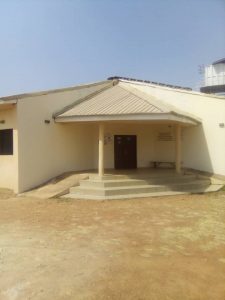
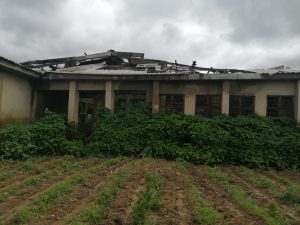
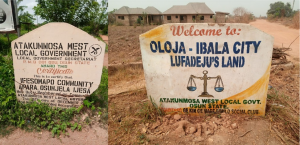
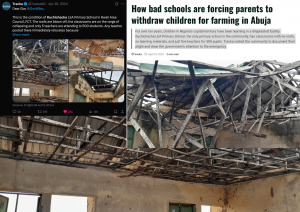
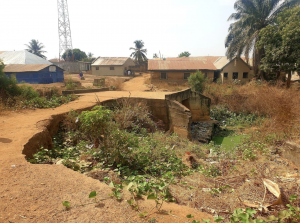

Very Good